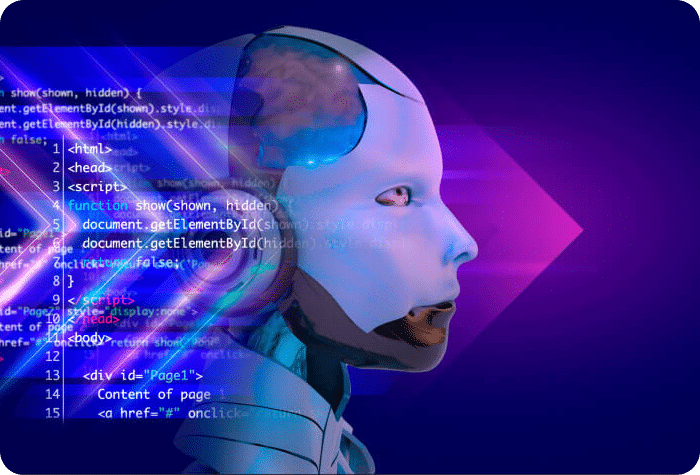Non-linear Understanding
recognises that learning is dynamic and interconnected
Emergence
focuses on how complex systems arise from simple interactions
Dialectical Becoming
opposites as complementary, balance via communication
Synthesis & Integration
synthesis of opposites as complementary pairs
Analytical Reflection
epi-analysis, questioning assumptions, evaluations
Creative Problem Solving
expressive freedom for creative ideas and solutions
Multiple Perspectives
values diversity of individual experiences and viewpoints
Personal Insight
exploring personal insights, subjective perspectives and contributions























